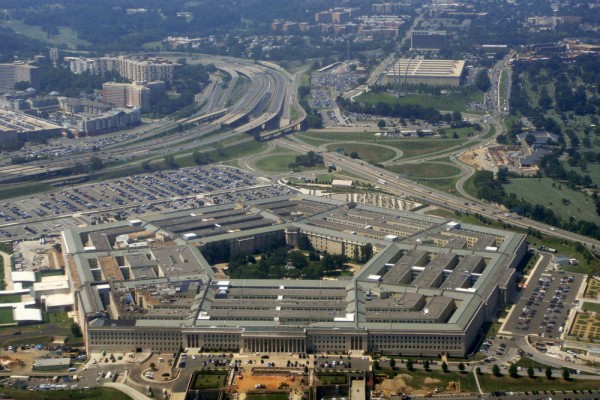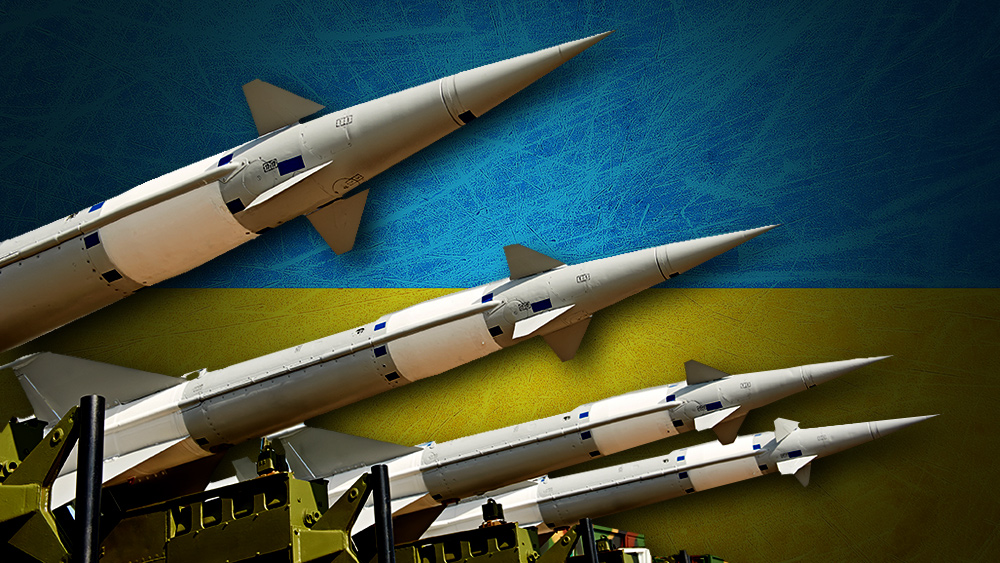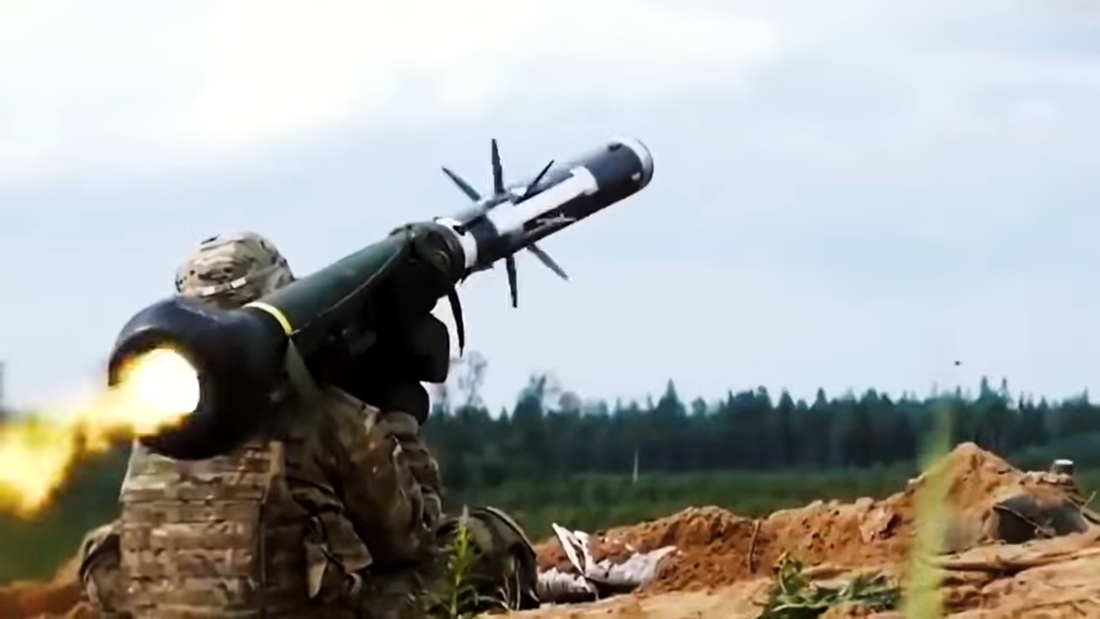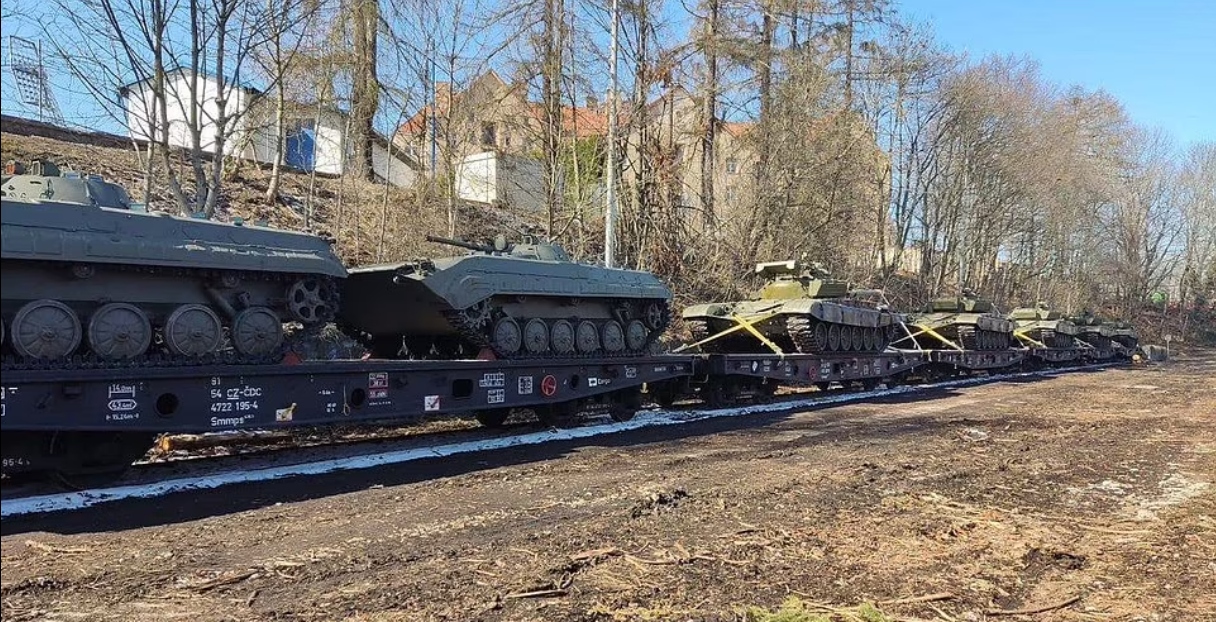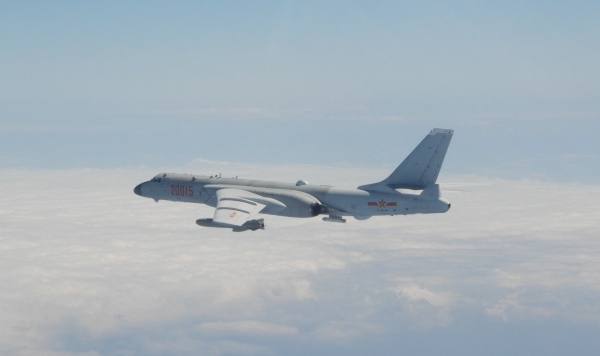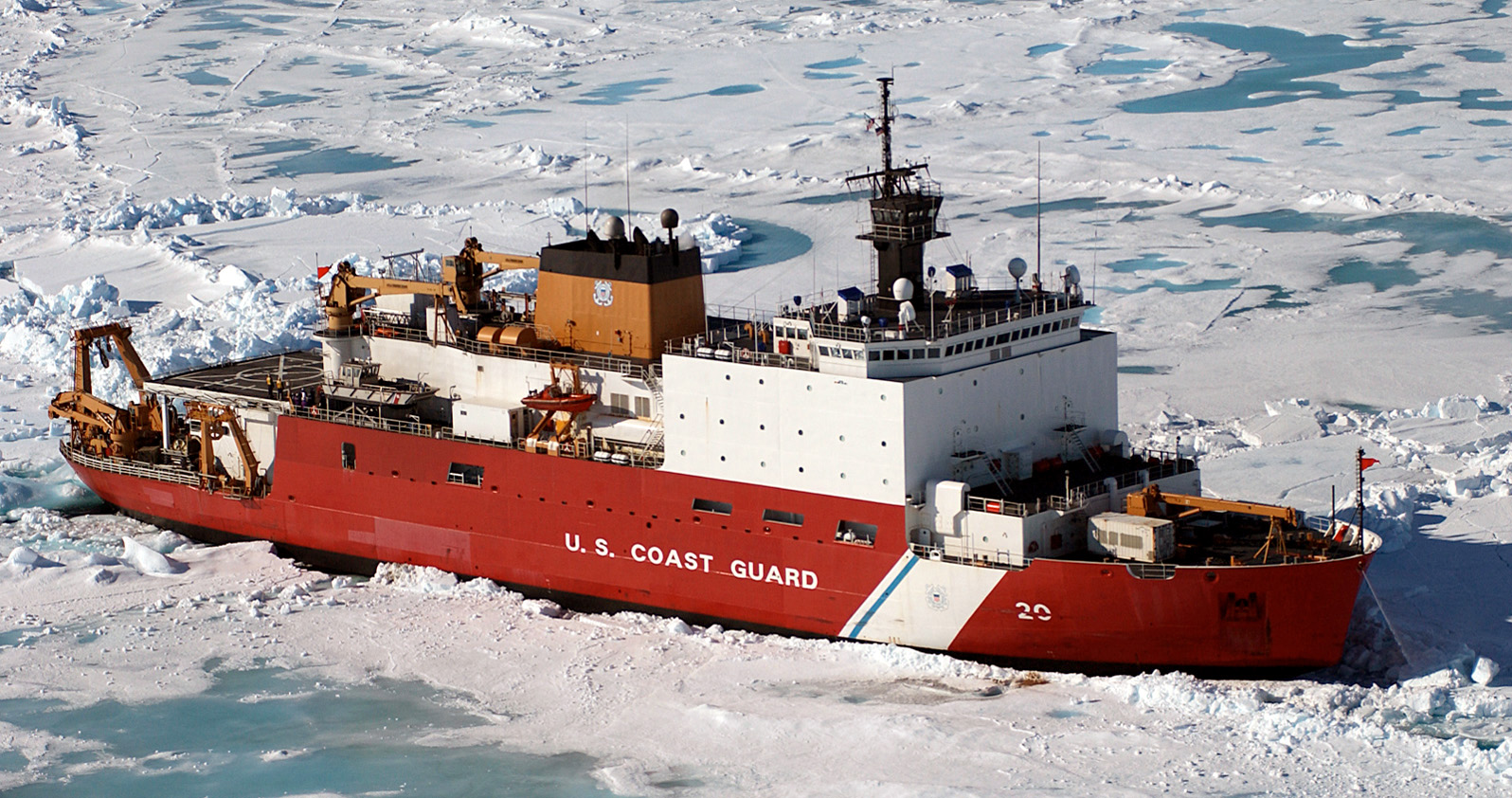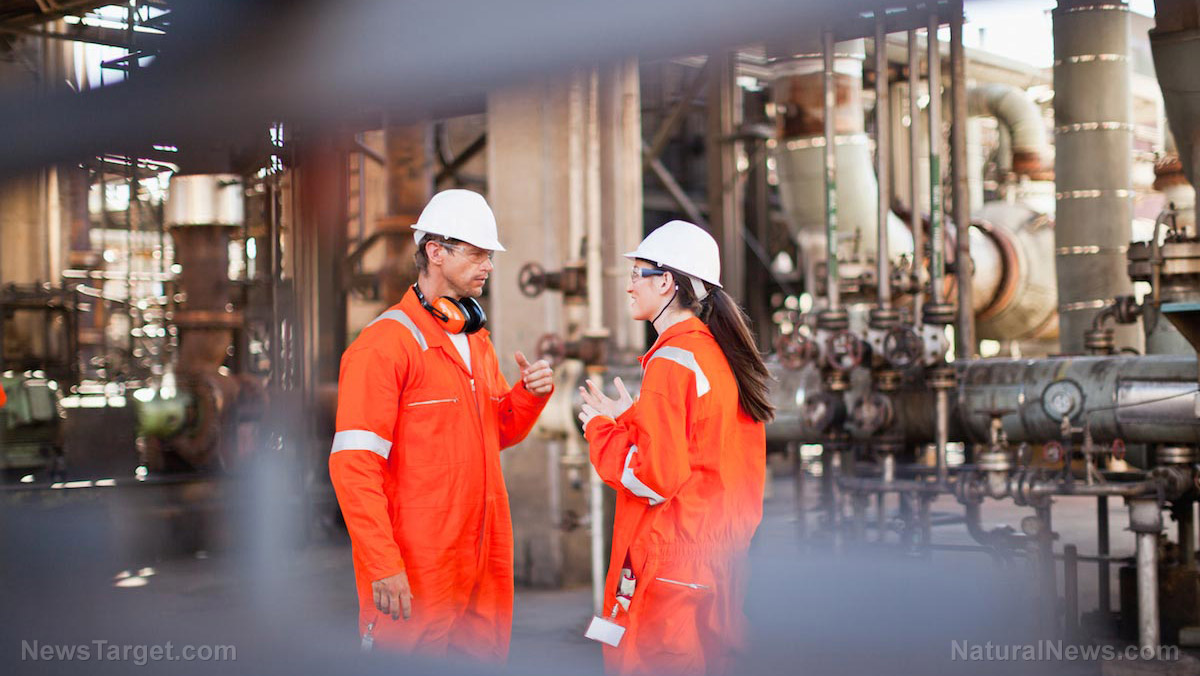
As of this writing, the Trump administration has blamed Iran for the drone and cruise missile attack against a major Saudi Arabian oil refinery, though not “officially.” What’s more, the administration has yet to decide how it will handle the attack if, in fact, Iran is the guilty party, as many believe it is.
As one analyst notes, the fate of the global economy is literally at stake: Should a major Middle East war break out between the two well-armed countries, their proxies, and their allies, most assuredly oil infrastructure would be targeted because it is the greatest source of income for both and, thus, the economic driver behind the war effort. It would make sense, strategically, to target such assets.
But oil produced by both countries is not consumed by both countries. Oil is a global commodity and has been for many decades; how would the world handle a major years-long disruption in oil supplies from two of the globe’s most prolific producers?
Badly, to say the least. But the scenario could get much worse.
President Trump and others have said that the U.S. could become a net oil exporter by next year. In fact, reports note that the U.S. is on pace to become the world’s No. 1 oil producer, ahead of the Saudis.
The U.S. economy is much more diverse than that of Saudi Arabia and Iran, so it is a lot more resilient, too. However, we all depend on oil — fossil fuels — to power our countries and our economic engines.
So what would happen if our own oil refineries were targeted by foreign entities or worse, domestic anarchists?
Granted, they wouldn’t have access to cruise missiles that require satellite guidance in order to hit their targets (without having them supplied by a capable foreign power). But surely some industrious domestic terrorists, rebels, and anarchists could find a way to deliver explosives to American refineries — at least once before the government began protecting them.
After all, the 9/11 attacks occurred once. It’s a vulnerability that emergency planners around the country have likely considered but may have yet implemented defensive or detection methods. After all, how does a civilian oil refinery get a hold of a Patriot air defense system? Or laser weapons?
They don’t, of course. Not yet, anyway. So they’re still vulnerable.
Civil war would disrupt our oil output and destroy the global economy
We’re not the only Western country concerned about attacks on our oil infrastructure, either. As the Financial Post reports, the Canadians are now, suddenly, increasingly concerned about the safety and security of their largest facility:
Canada may hold the world’s third-largest crude reserves, but that’s little help to its largest refinery after a weekend attack disrupted production in Saudi Arabia, its biggest oil supplier.
Much of the vulnerability to the Irving Oil Ltd.’s Saint John plant is a disruption of supply from the Saudis. But security is an issue too.
In November 2007, 12 years ago roughly, a paper by Homeland Security Today examined the effects of fallout from a terrorist attack on “the little known” oil facility in Cushing, Okla. “on the global oil economy.” The plant is “arguably the most important oil infrastructure in North America given the impact its destruction would have.”
The point of the paper was to examine the security of the Cushing facility, which even “former CIA Director James Woolsey, an adviser to the Institute for the Analysis of Global Security, admitted” was lacking. In fact, he described the facility as a “soft target.”
We have elements within our country who would love nothing more than to start an internal conflict that would take us down several notches, never stopping to think that without America guarding freedom, half the world would blow up if we were to engage in a civil conflict.
Our oil infrastructure would also no doubt be targeted, especially if the ‘rebels’ were Left-wing environmental wackos who hate fossil fuels as it is.
Sources include:
Please contact us for more information.















